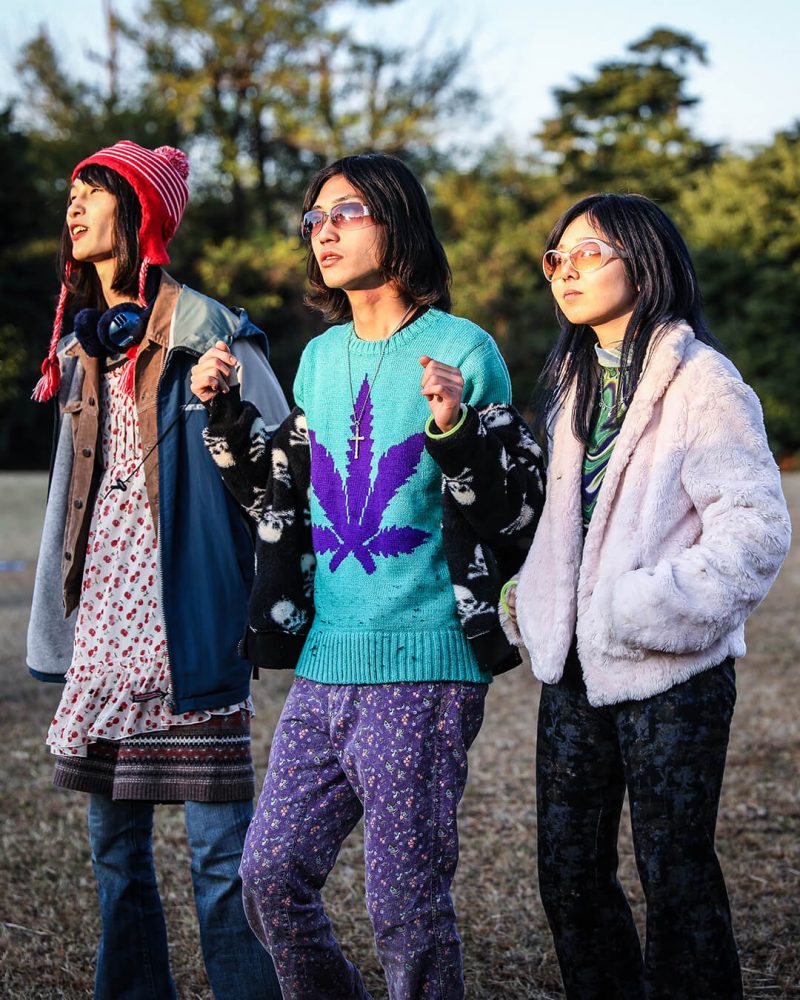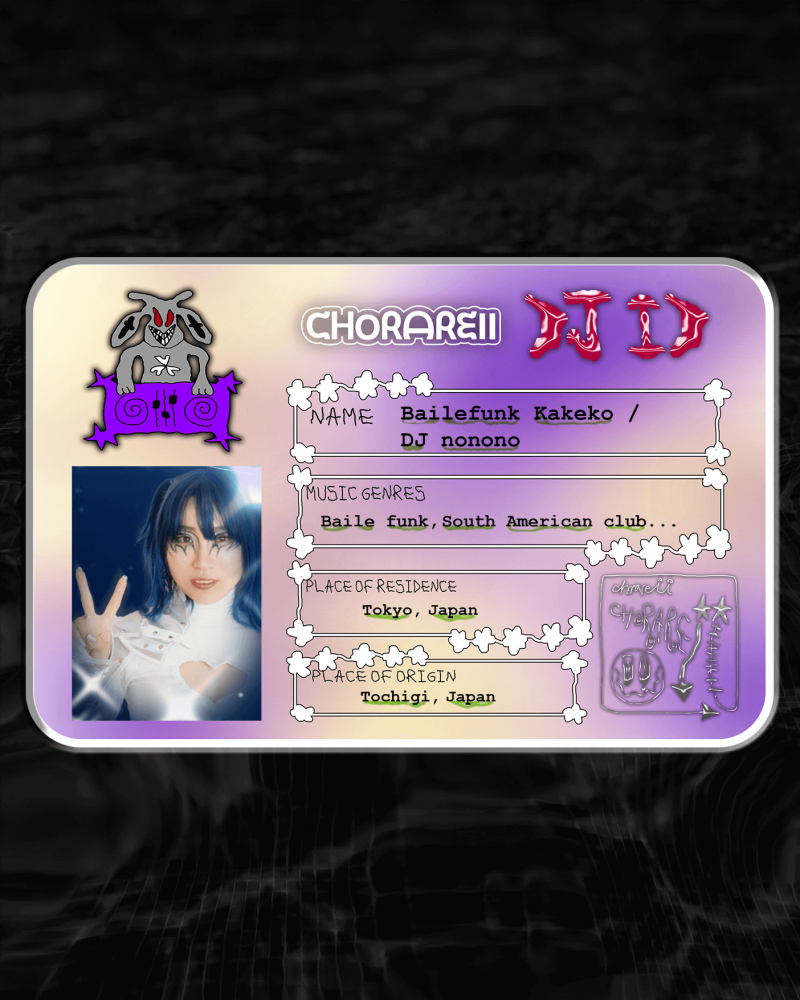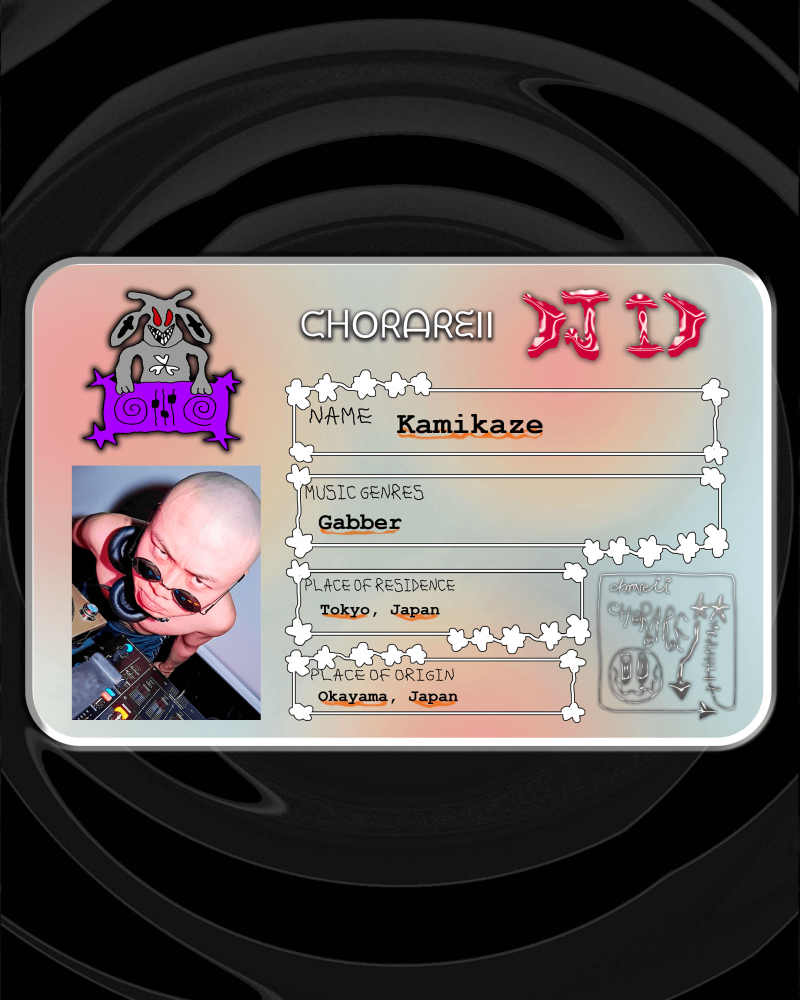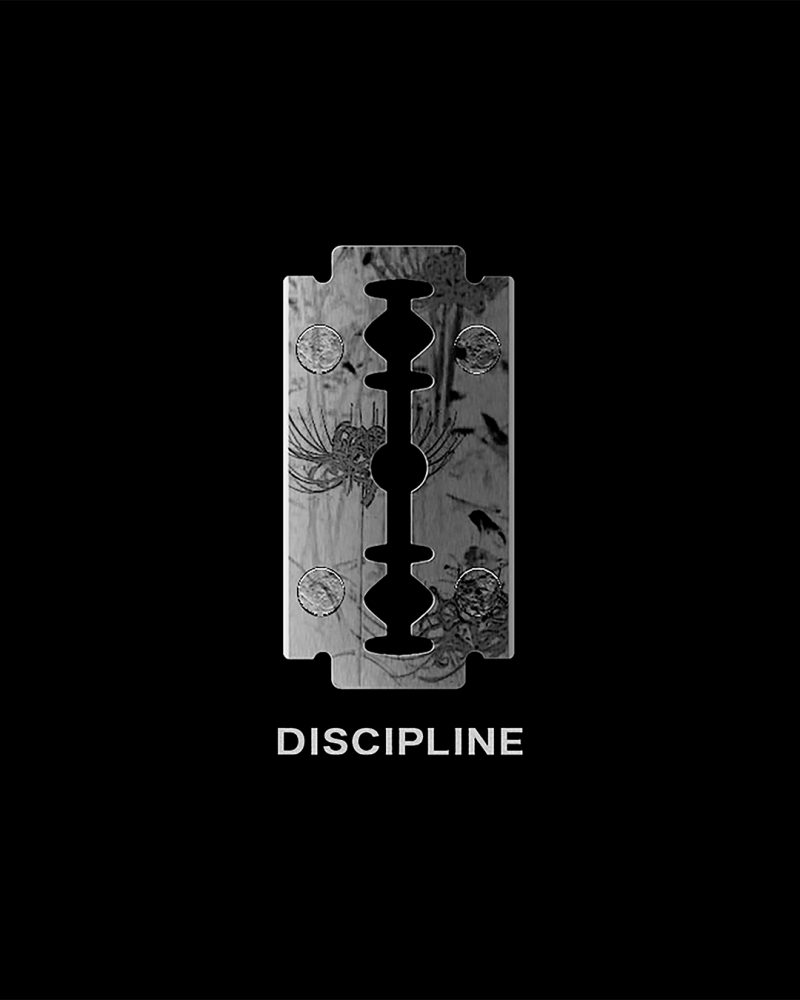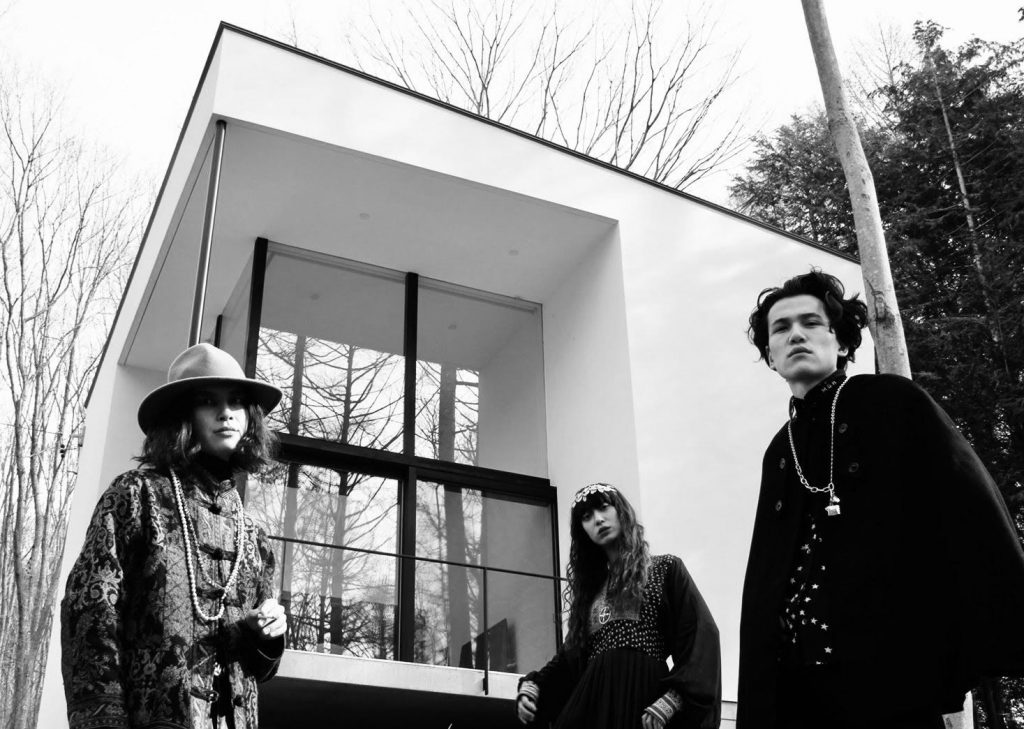
Consciously listening to their music, a glance at their videos and artwork, their presence live; … It doesn’t take much to realize that the Barbican Estate is one of those bands that charge their art with meaning. They do this by relying on what other artists, other humans, felt and expressed before them.
The Tokyo band, formed by Kazuki Toneri (guitar and sitar), Miri (vocals, bass and flute) and Koh Hamada (percussion) build their music with ingredients harvested from all fields of the art and history of humanity; pointing towards different eras and forms of expression but connected by a vision that the band wishes to convey.

Barbican Estate shows – as many of the bands and artists who influence them did; that refinement and intellectual baggage can be the perfect starting point for the loudest and freest rock and for the darkest psychedelic.
I wanted to advance along that path of sensibilities that the band has made their own, so I posed them these questions.
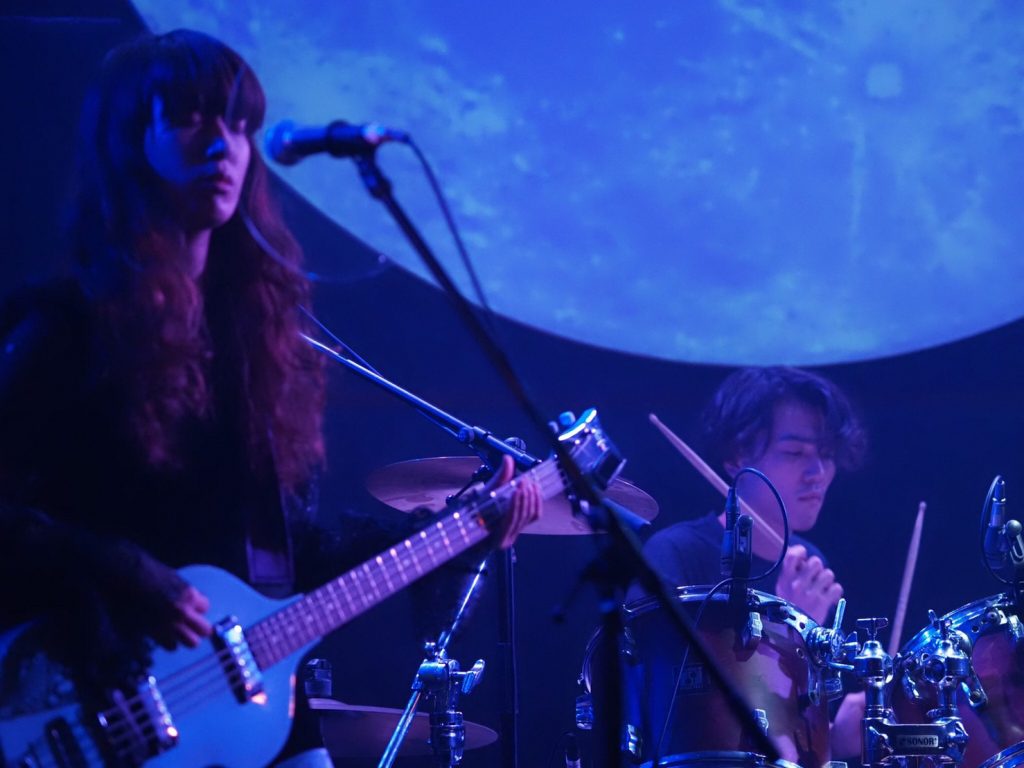
Chorareii: Let’s start by talking about your name, Barbican Estate. What connection do you have with this area of London, or with the city?
Barbican Estate: The Barbican Center in London is our vocalist Miri’s favorite place in the world. It is famous for its brutalist architecture, but it has a lot of greenery and people living in that rough, inorganic space. We are interested in the coexistence of conflicting realities like these.
Your references go beyond music: you are very interested in all kinds of arts. Do you have training in Humanities? How does art influence your music?
Kazuki: My major at college was ‘Ancient History of Greece and Rome’. By studying History, I was able to learn a lot about arts and humanities on a universal level. Ancient history has inspired me a lot.
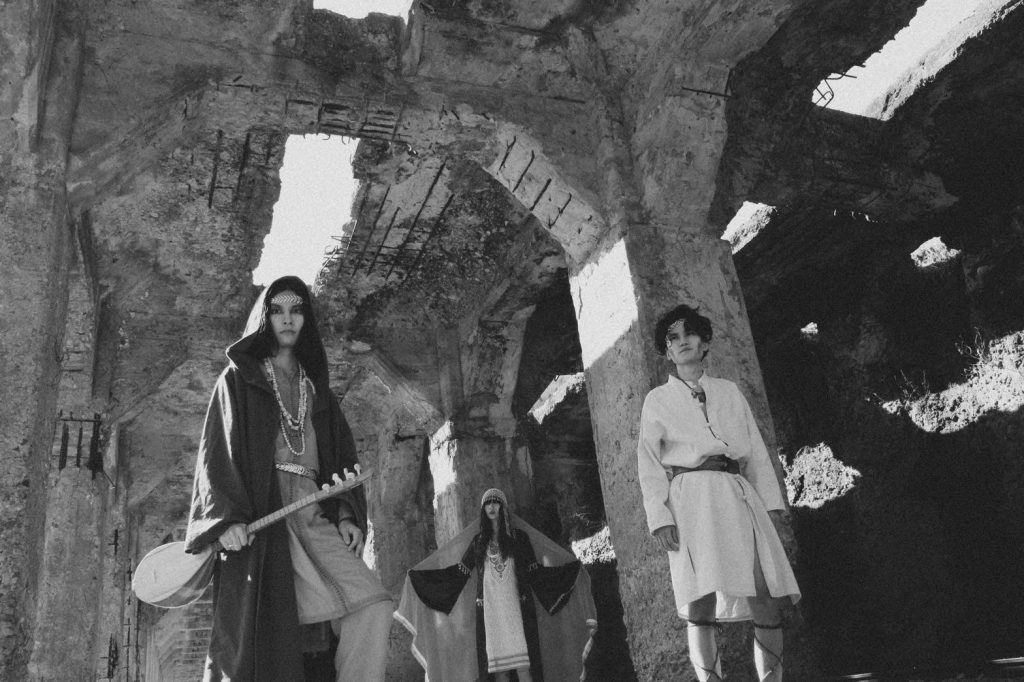
Miri studied Cinema at university. For everything regarding the visual aspects of the band, our concept, our artworks … Miri’s film studios are very useful.
Our music and our lyrics are more influenced by ancient history, cinema, literature, and other genres of art, rather than by other music. We seek to embody an art that is not limited by the concept of music.
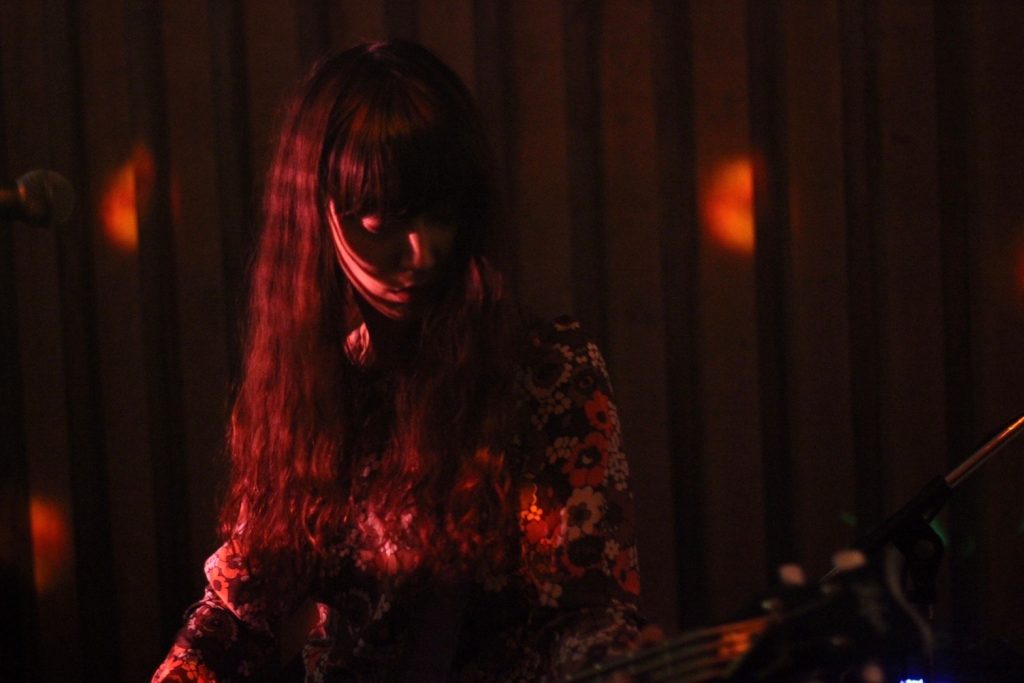
You formed the Barbican Estate in 2019, but released your 4 EPs in 2020. Did the pandemic influence your creativity?
Barbican Estate: I think we were able to focus more on our inner world and do more creative activities due to the inability to do many activities outside. Before the pandemic, we traveled, or lived in other countries. We were able to focus all that energy on our creativity.
In which foreign countries have you lived? Kazuki, is it true that you learned to play the sitar in India, like a Beatle? [laughs]
Kazuki: I lived in Seattle, United States, and I was able to experience what the underground music scene was like there.
And the sitar thing is true! [laughs] In the summer of 2016, I studied sitar in Varanasi, India for a month. I lost my phone in India and that meant that, in a way, I was able to approach the music of India from a more primitive state.
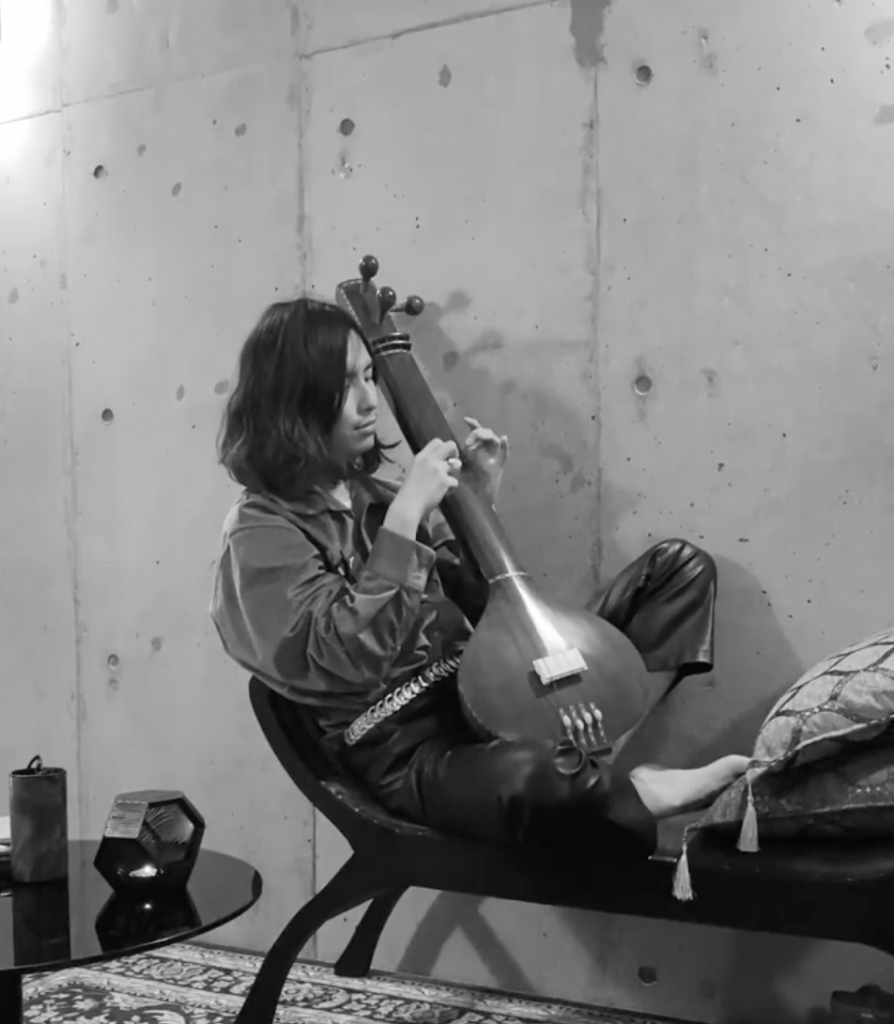
Until then, I was dedicated to strumming loud sounds on an electric guitar, but by learning sitar, I was able to discover the universe of harmonics that is hidden in sound and that is so important to music.
Since then, I changed the tuning when playing the guitar and tried various experimental improvisations, something that I continue to do now.
‘Our music and our lyrics are more influenced by ancient history, cinema, literature, and other genres of art, rather than by other music. We seek to embody an art that is not limited by the concept of music.’
Barbican Estate

You say that your last three singles, “White Jazz”, “Obsessed” and “The Innocent One”, form a trilogy. What unites them?
Barbican Estate: These three singles make up our Noir trilogy and are focused on the negativity of human beings, their dark side. They are inspired by the cinema of Hitchcock and the novels of James Ellroy.

Among your influences you usually cite the Beat Generation. Do you think it has something in common with our generation?
The Beat Generation marked the beginning and peak of the counterculture. We believe that DNA has been transmitted to the underground to this day.
You recently released the video for ‘The Innocent One,’ directed by Keisuke Nakagawa. I know you love architecture and I always envy the incredible places you go. Where did you shoot the video?
Thanks! The video was shot at the Engawa Nest Karuizawa house in Nagano and at the former Oshi station in Gunma.

In the video, you appear characterized as citizens of an ancient civilization performing a ritual, an offering. Do you have a ritual, a habit, as a band?
We try to watch a lot of movies as inspiration for the band. This video also has a lot of the culture of our band, because it’s influenced by the silent films of the 20s or films like those of Andrei Tarkovsky.

‘Love’, ‘Mercy’, ‘Pity’, ‘Peace’. Let’s talk about these concepts present in the video.
They are concepts taken from poems by William Blake. We believe that these words are very important in the relationship between Humanity and God.
God is not only absolute and inspiring of awe, but, like these four words, he is deeper and similar to human beings.
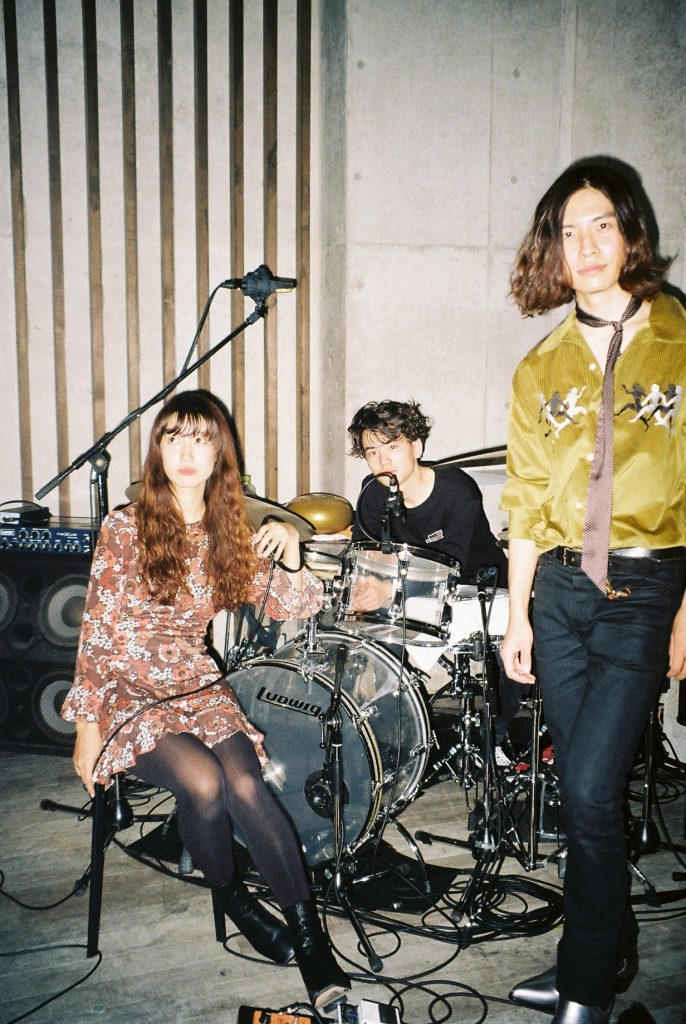
Going back to music, I would like to know what current Japanese bands you like. And also which bands, past or modern, Japanese or foreign, would you dream to go on tour with.
We like Kikagaku Moyo and Happy. We believe that its sound and image bring a modern and contemporary approach to traditional psychedelic music.
We would go on tour with Sonic Youth, Swans or Blonde Redhead. If Blonde Readhead came to Japan, we would love to be their opening act!
After having released your trilogy of singles, are you preparing an album?
We are working on an album right now. We want to create a dark, psychedelic, No Wave album like no one has ever heard!

Many artists are inspired by analyzing the art of the past, but others get inspiration by trying to imagine the future. In your case, you are interested in and inspired by the art of other generations and past eras. That’s why I wanted to know, do you think about the future? What future do we have ahead of us in 2021?
We are living a turning point in history. The world is a tragic place right now with the coronavirus, but we believe it will change for the better.
Listen to Barbican Estate on Spotify, Apple Music and Bandcamp.
Follow Barbican Estate on Instagram, Twitter and Facebook.
Watch Barbican Estate’s videos on YouTube.
Proofreading: Jasmina Mitrovic (@negi_hime).
(づ◡﹏◡)づ


